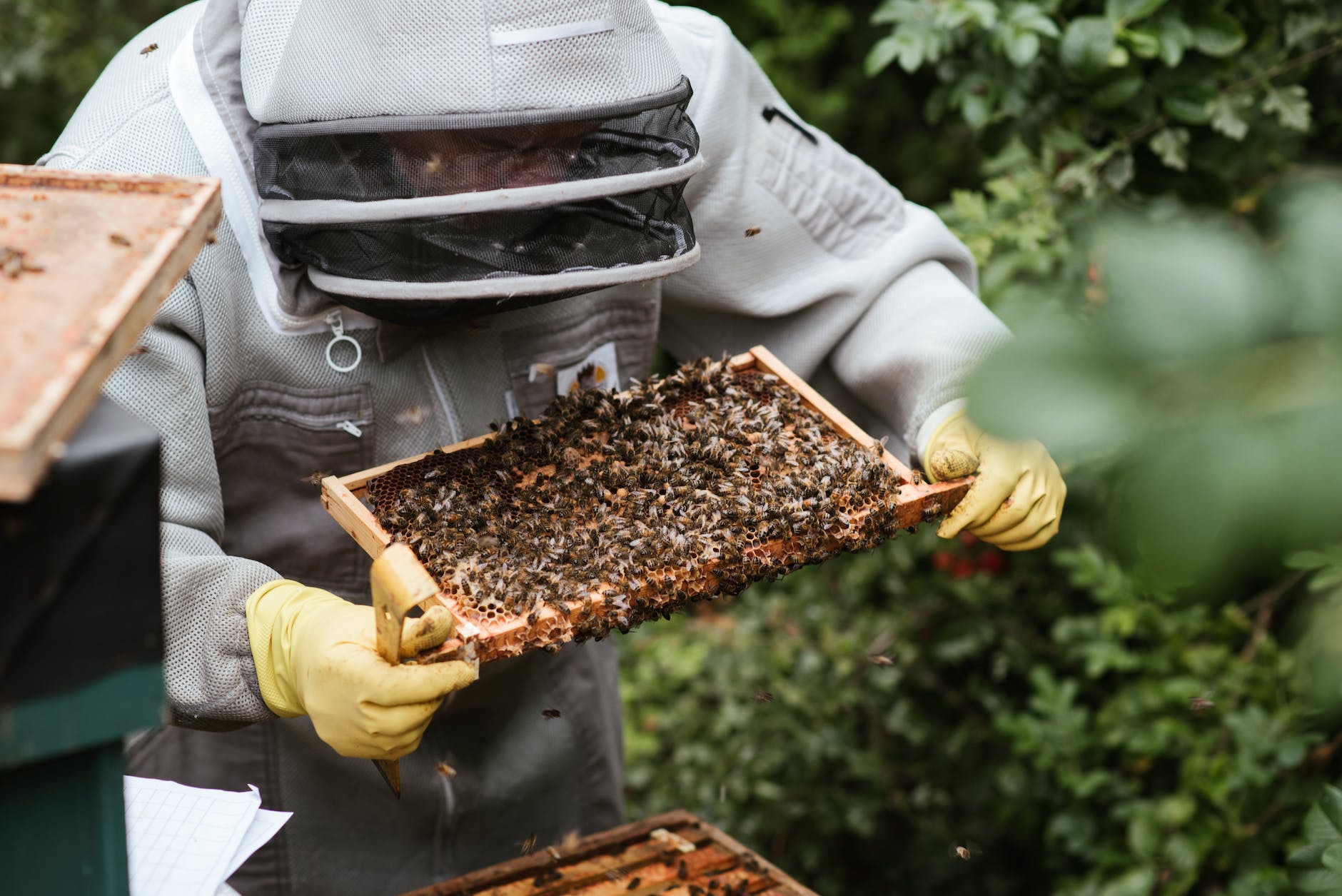
The Importance of Process Safety: Protecting Lives and Assets
Introduction
In today’s industrial landscape, ensuring the safety of both personnel and valuable assets is of paramount importance. The concept of process safety has gained significant attention as industries strive to prevent catastrophic incidents and maintain their social and economic responsibilities. This article explores the multifaceted world of process safety, delving into its definition, significance, key principles, and the measures industries take to safeguard their operations.
Understanding Process Safety
What is Process Safety?
Process safety refers to the management of processes and systems in industries to prevent major incidents involving hazardous chemicals or other materials. It encompasses various elements, including design, operation, maintenance, and emergency response, with the primary goal of minimizing the risk of accidents.
The Significance of Process Safety
Process safety isn’t just a regulatory requirement; it’s a moral obligation for industries. It aims to protect the lives of workers, nearby communities, and the environment while also safeguarding a company’s reputation and financial stability. Neglecting process safety can result in devastating consequences, such as explosions, toxic releases, and fires, which can lead to injuries, fatalities, and substantial financial losses.
Key Principles of Process Safety
1. Process Knowledge
To ensure safety, industries must have a deep understanding of the processes they employ. This includes identifying potential hazards, understanding the chemistry involved, and assessing the equipment used.
2. Risk Assessment
Risk assessment involves evaluating the likelihood and consequences of process-related incidents. It helps in prioritizing safety measures and allocating resources effectively.
3. Process Design
The design phase plays a crucial role in process safety. Engineers must incorporate safety features into the design, including pressure relief systems, emergency shutdowns, and containment measures.
4. Operator Training
Well-trained operators are the first line of defense in preventing accidents. Proper training ensures that employees can respond swiftly and effectively to abnormal situations.
Implementing Process Safety Measures
1. Safety Audits and Inspections
Regular safety audits and inspections are conducted to identify and rectify potential issues before they escalate into major incidents.
2. Process Hazard Analysis (PHA)
PHA involves a systematic review of the process to identify hazards, assess risks, and develop mitigation strategies.
3. Safety Instrumented Systems (SIS)
SIS are automated systems designed to take corrective actions in case of abnormal conditions, preventing accidents from occurring.
4. Emergency Response Plans
Industries develop detailed emergency response plans to minimize harm in the event of an incident. These plans include evacuation procedures, communication strategies, and coordination with local authorities.
Industrial Safety and Health Act
Excavation Safety Basic Knowledge
Electrical Safety Basic Knowledge
Construction Safety Basic Knowledge
Conclusion
Process safety is not merely a compliance-driven endeavor but a moral and ethical responsibility. It encompasses a range of principles and practices that ensure the well-being of workers, communities, and the environment while safeguarding a company’s integrity and assets. Neglecting process safety can lead to devastating consequences, emphasizing the need for a proactive approach in the industrial sector.
FAQs
- What industries benefit the most from process safety measures? Industries dealing with hazardous materials, such as chemical manufacturing, oil and gas, and pharmaceuticals, benefit significantly from process safety measures.
- Are there international standards for process safety? Yes, organizations like the Center for Chemical Process Safety (CCPS) and the International Society of Automation (ISA) provide guidelines and standards for process safety.
- How often should safety audits be conducted? Safety audits should be conducted regularly, with the frequency determined by the nature of the processes and the associated risks.
- What role does technology play in process safety? Technology, including automation, sensors, and data analytics, plays a vital role in monitoring processes and ensuring rapid response to anomalies.
- Can small businesses implement process safety measures? Yes, even small businesses can adopt basic process safety measures to protect their employees and assets. The scale and complexity of measures may vary based on the industry and risks involved.